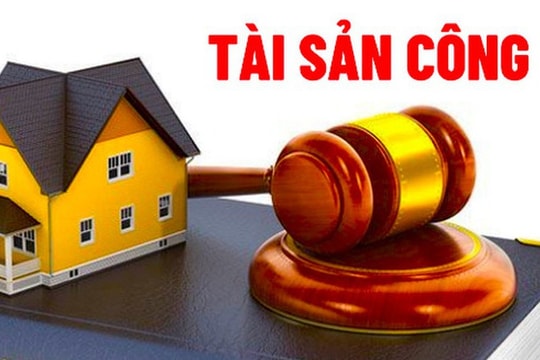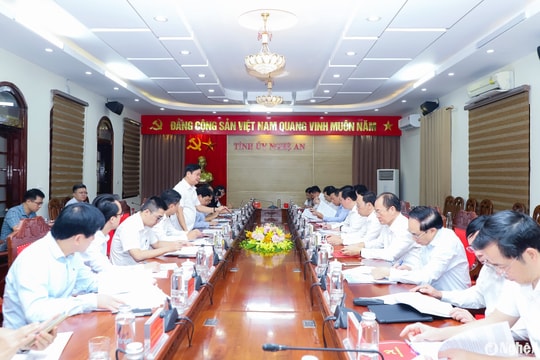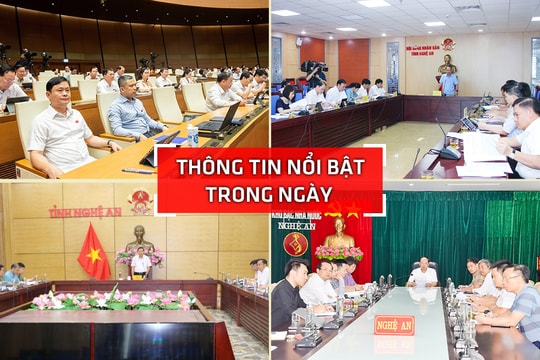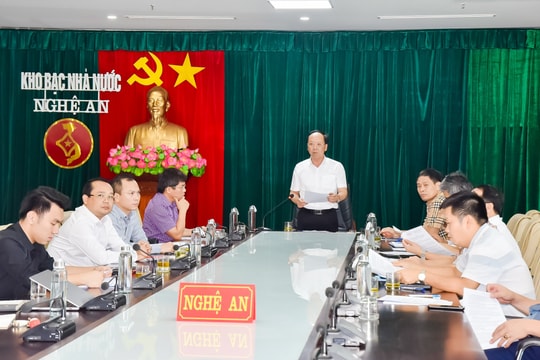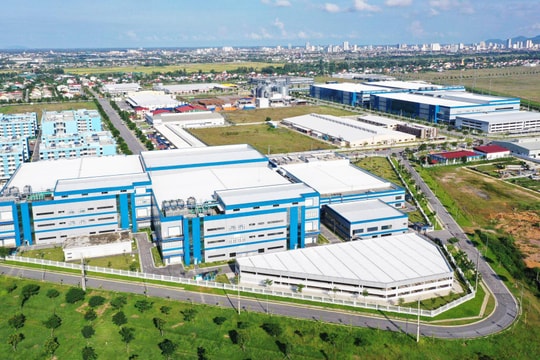How retail businesses respond to the foreign investment storm?
The wave of investment from foreign retailers is putting great pressure on Vietnam's retail industry.
In the context of new generation free trade agreements being signed and coming into effect, the Vietnamese market is becoming a fertile land for many foreign retail corporations. They will take advantage of tax exemption policies through supermarkets that have joint ventures with domestic retailers to supply goods to Vietnam. This is a major obstacle to the future of the Vietnamese retail industry if there is no clear development strategy.
Recently, the Vietnamese retail market has witnessed the strong invasion and penetration of Thai enterprises through the purchase, sale and merger of large retail chains, especially with Metro and in the future Big C. If this deal is successful, the Thai retail group will dominate nearly 70% of the Vietnamese retail market. Of which, Metro alone has 19 points, Big C has up to 32 points. The total number of points of foreign supermarkets in Vietnam is about 100, of which Thailand accounts for half, in addition, Aeon, Lotte mart... are still continuing to invest in Vietnam.
In addition, joint ventures are also a trend that retailers are considering to penetrate and capture the Vietnamese market. Typically, a series of Korean and Japanese retail enterprises through joint ventures and partnerships have purchased 20-40% of shares of some of Vietnam's leading retail enterprises such as Nguyen Kim and Tran Anh, Fivimart or Citimart. This is one of the major obstacles for Vietnamese enterprises when they have to confront and compete fiercely with rivals right at home.
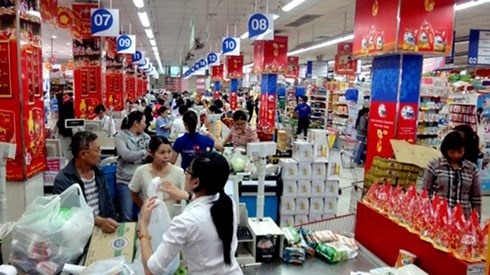 |
| Vietnamese retailers must unite and quickly overcome their weaknesses. (Illustration: KT) |
Mr. Tran Anh Tuan, Deputy General Director of Ladoza Joint Stock Company, said that it is necessary to have a separate development strategy to compete with foreign goods. “Currently, the company has a long-term plan to reduce product costs with many factors such as production costs, input material costs, land rental costs or bank interest rates and other costs. The company tries to gradually reduce the smallest costs to have competitive prices,” said Mr. Tuan.
Meanwhile, Mr. Vu Vinh Phu, Chairman of the Hanoi Supermarket Association, Vietnam, said that the Association has a project to develop domestic trade, however, the necessary and sufficient conditions such as human resources, financial resources, connections, and production reorganization are not yet available. Meanwhile, if the retail industry wants to develop, it must strongly develop the domestic production sector.
Vietnam has a number of emerging retailers such as Vinmart or Saigon Coop mart, but the number is still modest. Many retail businesses are shrinking, selling shares or cutting back on ineffective points, rebuilding their brands. According to experts, the most important thing now is for Vietnamese retailers to unite and quickly overcome their weaknesses.
Mr. Vu Vinh Phu said that, in addition to the State's support to ensure fairness and transparency in business, each enterprise must also strive to improve. Most retail enterprises today are still weak in business strategy, capital, business management technology, human resources, and lack of connection, which has created disunity in purchasing goods. Therefore, enterprises must gradually overcome this by connecting, improving their strategies and business culture.
The wave of investment from foreign retailers, whether they are directly investing in the system or acquiring Vietnamese brands, will put great pressure on the Vietnamese retail industry. Each foreign retailer has its own supply network and its own strategy to create a brand difference to conquer global consumers.
Meanwhile, our country's retail industry does not have a complete strategy, lacks capital, and lacks connection between businesses. It is worth mentioning that more than 70% of Vietnamese retail businesses are still indifferent to new generation free trade agreements, and pay little attention to learning about legal policies to criticize and give comments to the government and drafting agencies.... This leads to businesses lacking information on integration and markets and finding it difficult to shape a new strategy for themselves.
Ms. Dinh Thi My Loan, President of the Vietnam Retailers Association, hopes that there needs to be a system of transparent, clear and feasible legal documents so that all businesses have an equal business environment and are ready to integrate and compete. However, that policy also needs to be consistent with the general situation of the Vietnamese business community at each step of development, ensuring that policies and legal documents are put into practice.
The influx of foreign goods into Vietnam is a big challenge for the Vietnamese retail market. However, this is also an opportunity for Vietnamese businesses to look back and change themselves to be competitive with foreign businesses./.
According to VOV
| RELATED NEWS |
|---|

